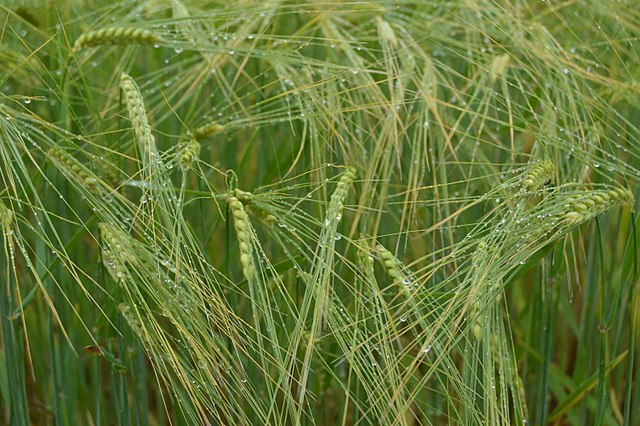Global agriculture could benefit from a massive weed database that maps nearly 1000 weeds throughout history, over a wide geographical span.
The Oxford University Research Archive is the product of a 30-year scientific research between Sheffield and Oxford Universities in the UK. The study provides insights on how weeds influenced global agriculture in Europe, the Middle East and North Africa.
John Hodgson, a plant ecologist with the study’s 1990s research phase says the study will help comprehend “the past and predict the future.”
Agricultural systems of the past offer a long-term scope for weed study unlike crop-focused modern agriculture. Weeds in the past, for instance, grew together with food and their study gives insights on traditional crop production. Today’s micro agriculture, in its part, totally eradicates weeds through weedkillers, some of them cancerous to humans.
More importantly, preserved weeds could give a hint on how past plants coped with droughts and climate change. Archaeologists are studying the carbon remains of weeds in the database to know how they survived extreme weather.
Down memory lane, this study also paints a charming picture of Neolithic agriculture of between 8,000 and 2300 B.C. Unlike widespread belief that intense farming is a modern practice, the weed database reveals proof of hardworking Agrarian Revolution’s farmers. They planted barley and wheat in small-sized farms and took care of them with compost manure.
The Sheffield-Oxford study additionally paints the irony that during Roman times, there was extensive agricultural land but no intense farming. Large portions of these farms were naturally often weedy. This is unlike modern global agriculture which is always intensive even when covering huge acreage.
In total, there are 928 arable weeds in the database, some of them from extra geographical regions such as Japan. This is relevant as Japanese weeds are still popular food staples, especially seaside wakame.
For further research purposes, the weed database is currently available online for free public access.
